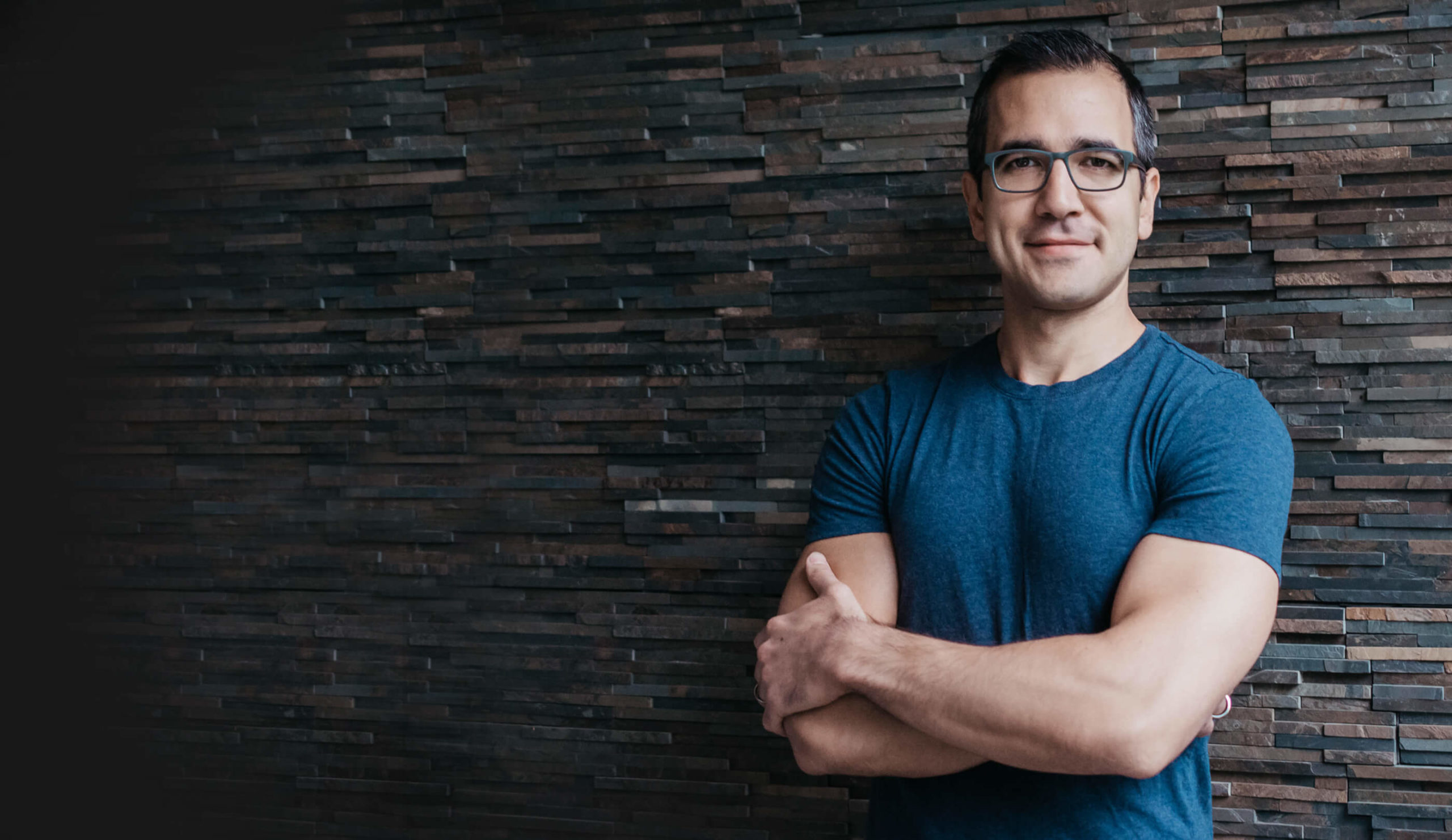Albert Einstein once wrote “The world we have created today as a result of our thinking thus far has problems which cannot be solved by thinking the way we thought when we created them.” In order to go to new places in life and work, we need to expand our thinking beyond the confines of our assumptions.
But how do we do that?
This week’s podcast episode features Ozan Varol, who has just released a book called Think Like A Rocket Scientist. In it, he articulates several strategies for breaking through assumptive ruts and taking your work to a new level. Here are a few of my takeaways from the conversation:
You Must Question Your Assumptions
In the past, I’ve frustrated many managers and peers for my annoying tendency to ask lots of “why?” questions. I’ve never been able to simply accept the way things are, and that can be very inconvenient when you’re trying to make quick progress on a project. However, this tendency has also served me well, because it’s frequently allowed me to circumvent norms that are preventing others from seeing possibilities.
As you think about your current situation, your work, your life goals, what you are pursuing, are there assumptions that need to be challenged? They are often guidelines that have been in place for a number of years, or industry norms that others assume are hard and fast rules. Spend a bit of time this week challenging an assumption or two, and see where your thoughts lead you. Ask “What if…?”
Return To First Principles
Over time, it’s easy to get distracted with tactics and to forget what you’re actually trying to do. In the interview, Ozan shared the story of Steve Martin, who challenged the very conventions of what it means to be a comedian. In traditional comedy, the comedian will create tension and then relieve it by delivering a punchline, hopefully generating a laugh. Martin, however, wasn’t distracted by the tactics, and instead realized that the first principle was simply to make people laugh. He would create tension, but not relieve it with a punchline. At first, critics were apalled by his strategy, but audiences warmed up to it, and he became one of the most popular acts in the world, selling out arenas wherever he performed.
What are the first principles of your work? What are you really trying to do, and how can you return to them and develop new tactics for accomplishing your goals?
Have A Moonshot
Right now, many people are simply focused on survival. I understand this necessity. However, I also think this is the perfect time to begin working on your personal “moonshot”, or the idea so big that no one else would dare try to compete with you. Physicist Max Planck once said, “At the initial stages of idea formation, the pure rationalist has no place.” Many of the world’s greatest accomplishments were met with skepticism and scorn at their inception, only to be accepted later.
What is your personal moonshot? What could you aim for that seems scarily big to you, but that would completely change the trajectory of your life and work?
To make progress on the other side of the pandemic, we will need to think in new ways. I hope this interview and Ozan’s book will expand your perspective and grant you a renewed enthusiasm for what’s possible.
This episode is sponsored by Lightstream. Apply today to get a special interest rate at LightStream.com/accidental.
The intro music for the AC podcast is by Joshua Seurkamp. End remix is by DJ Z-Trip.




0 Comments